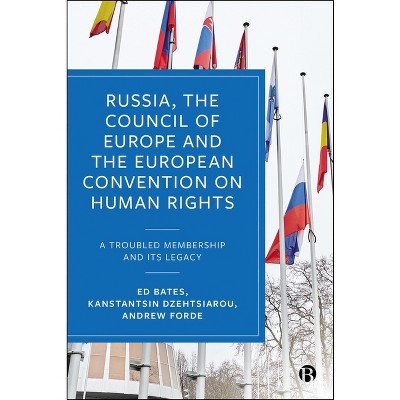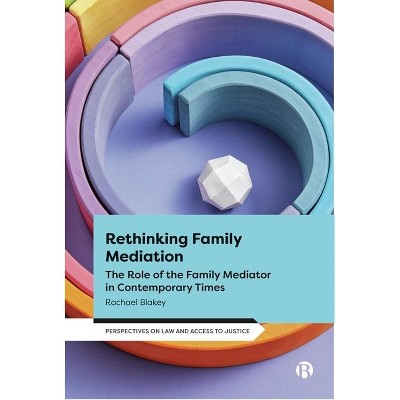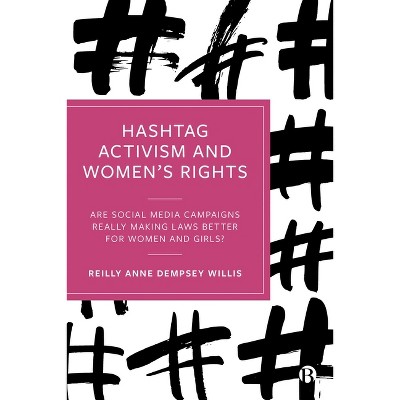Sponsored

Human Rights Compliance in Europe - by Zoë Jay (Hardcover)
In Stock
Sponsored
About this item
Highlights
- The European Court of Human Rights depends on the good faith cooperation of its members to implement judgement and maintain legitimacy, but how this translates into compliance varies both across and within states.
- About the Author: Zoë Jay is Postdoctoral Researcher at the Centre of Excellence in Law, Identity and the European Narratives (EuroStorie) in the Centre for European Studies at the University of Helsinki.
- 240 Pages
- Freedom + Security / Law Enforcement, International
Description
Book Synopsis
The European Court of Human Rights depends on the good faith cooperation of its members to implement judgement and maintain legitimacy, but how this translates into compliance varies both across and within states. This book presents an innovative framework for understanding how local cultures dynamically shape states' ideas about what is and is not legitimate in international human rights regimes.
The book investigates compliance as a product of cultural politics. Case studies from the United Kingdom, Germany, and Croatia reveal how states rely on local understanding of human rights and law to deal not only with compliance 'sticking points' but also to evaluate the legitimacy of the European human rights system as a whole.
About the Author
Zoë Jay is Postdoctoral Researcher at the Centre of Excellence in Law, Identity and the European Narratives (EuroStorie) in the Centre for European Studies at the University of Helsinki.










